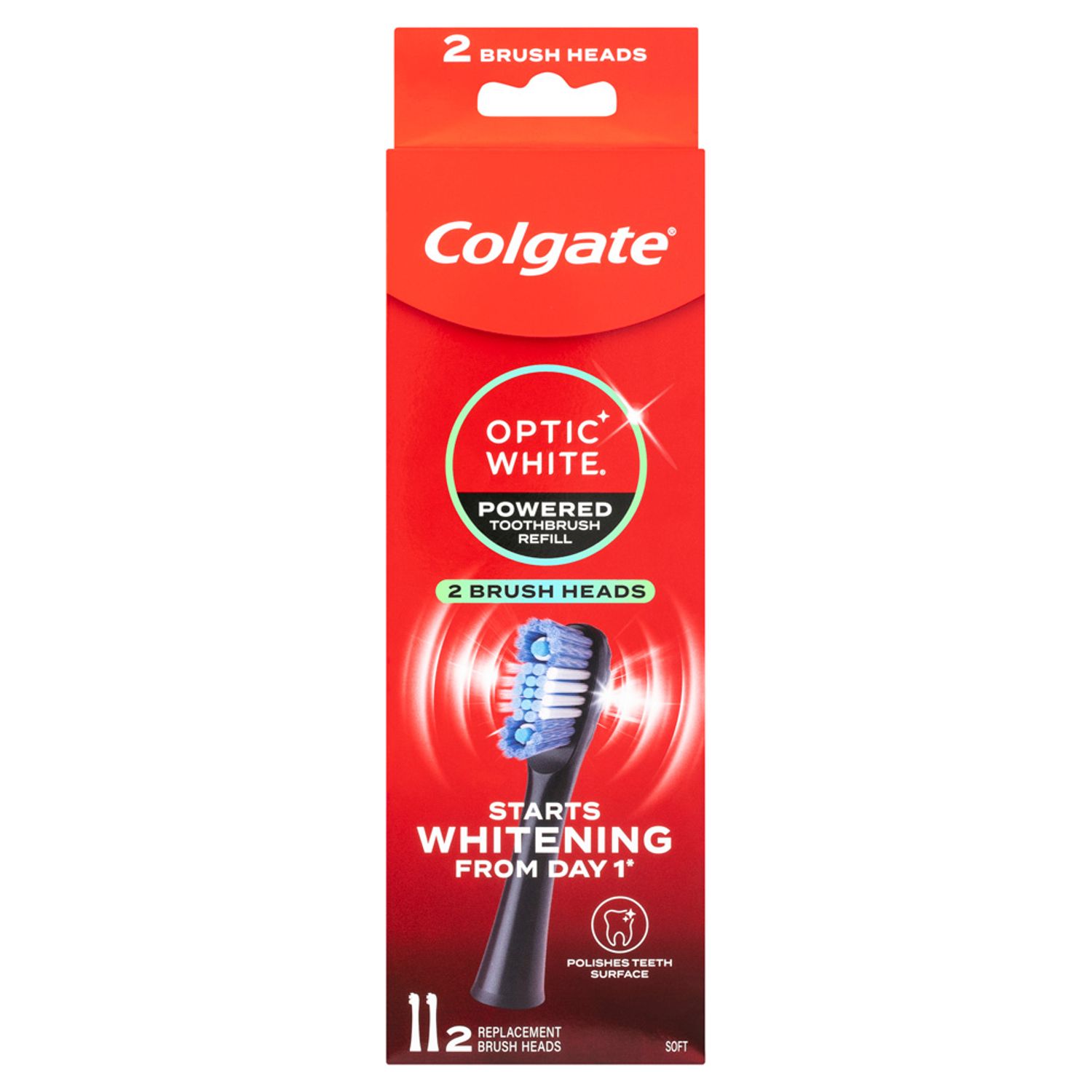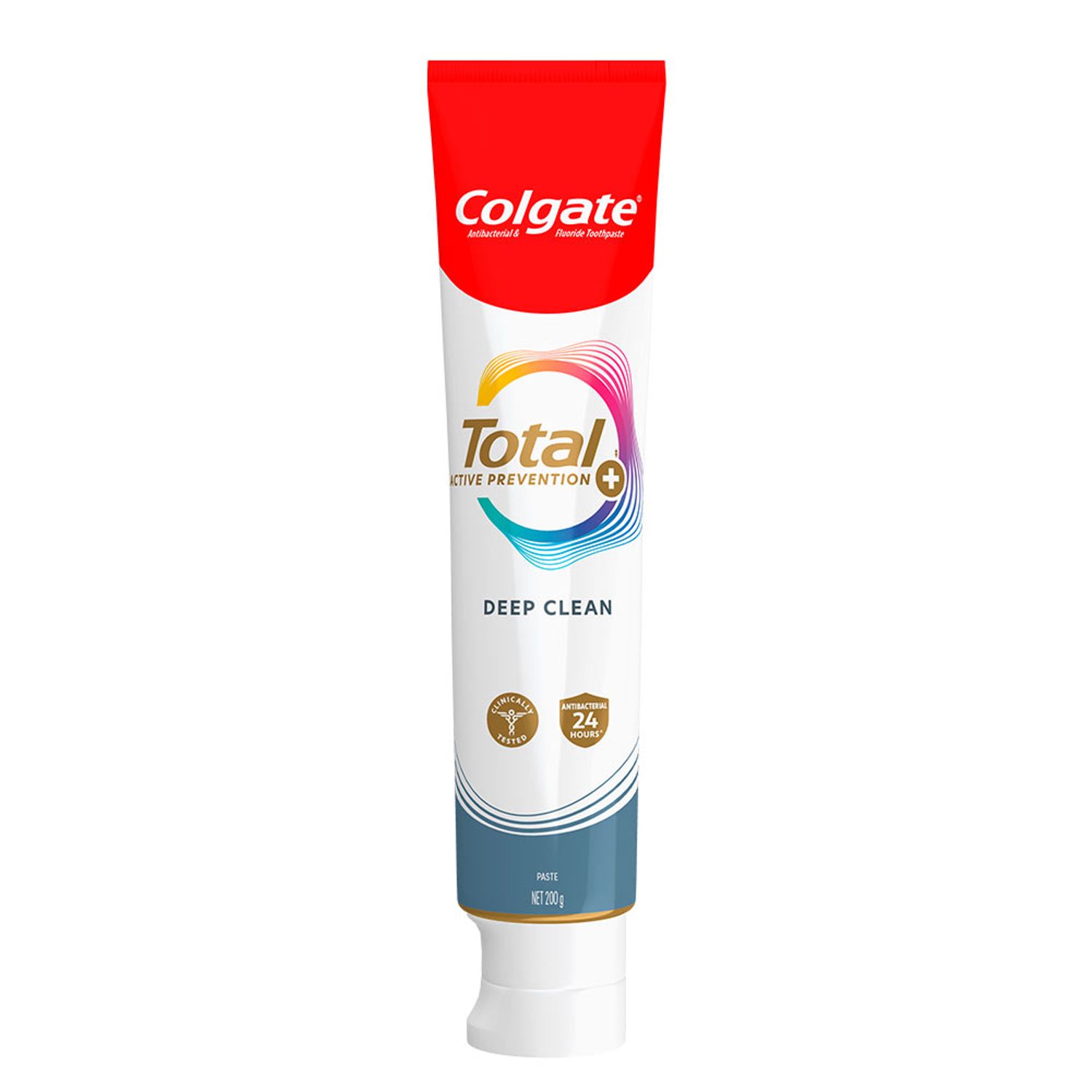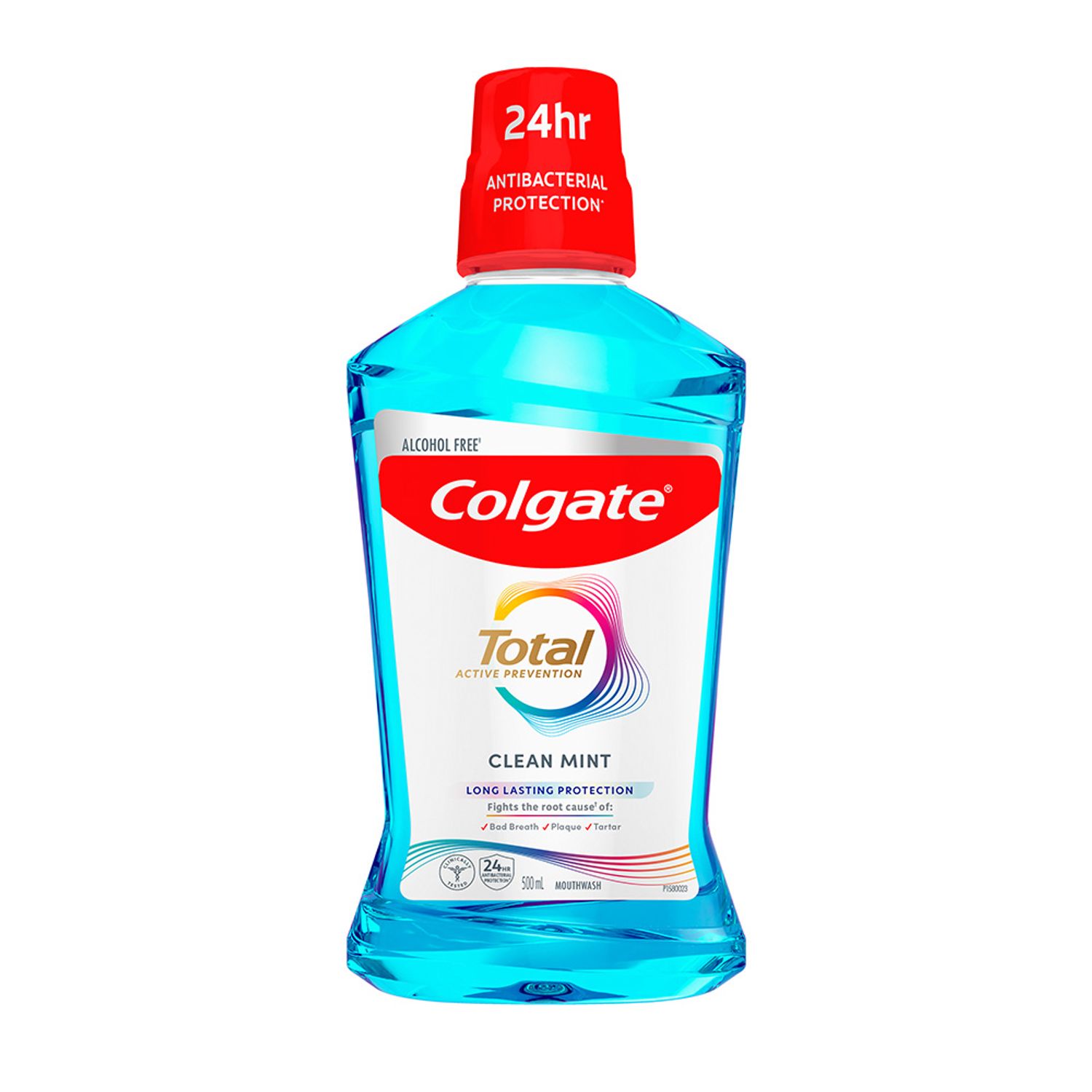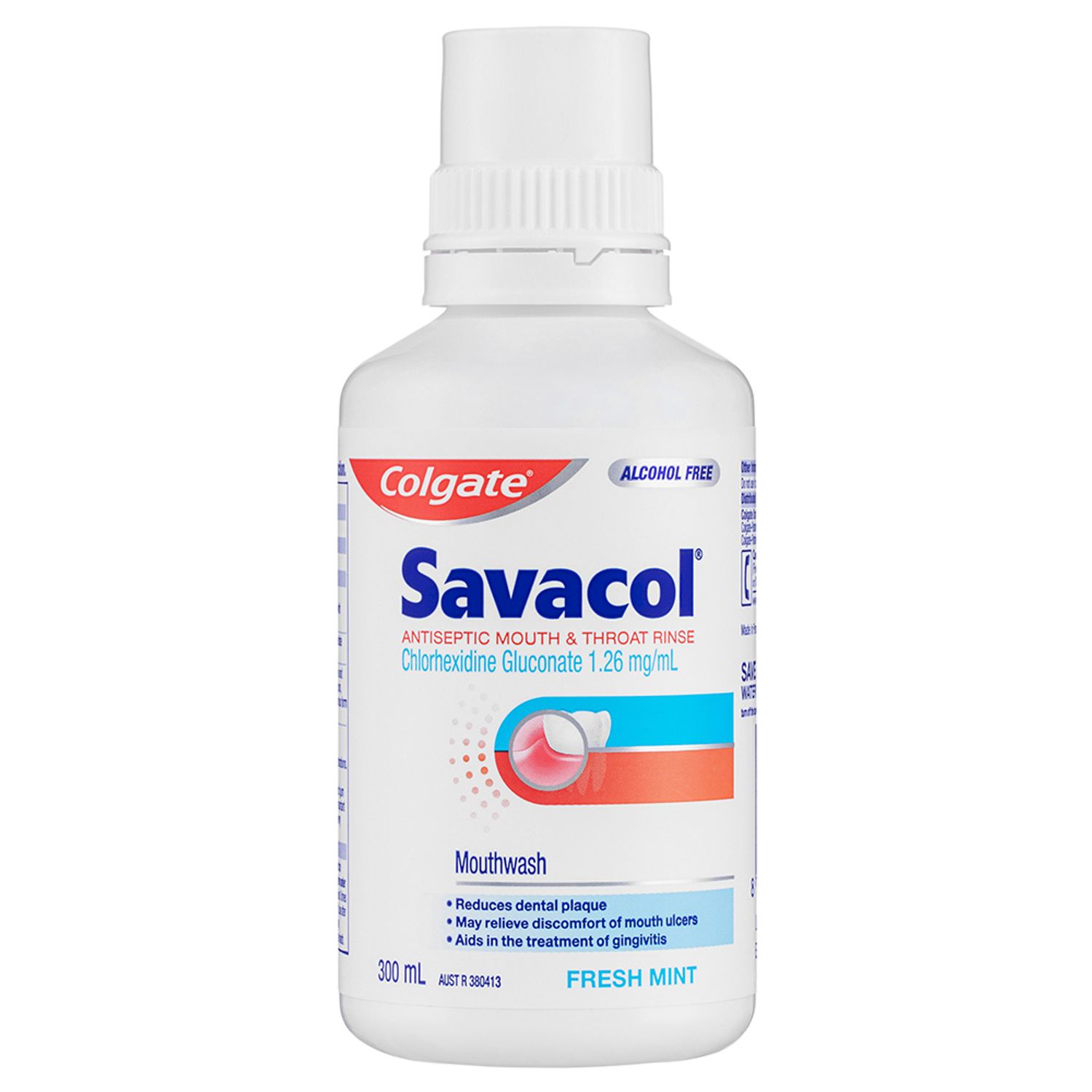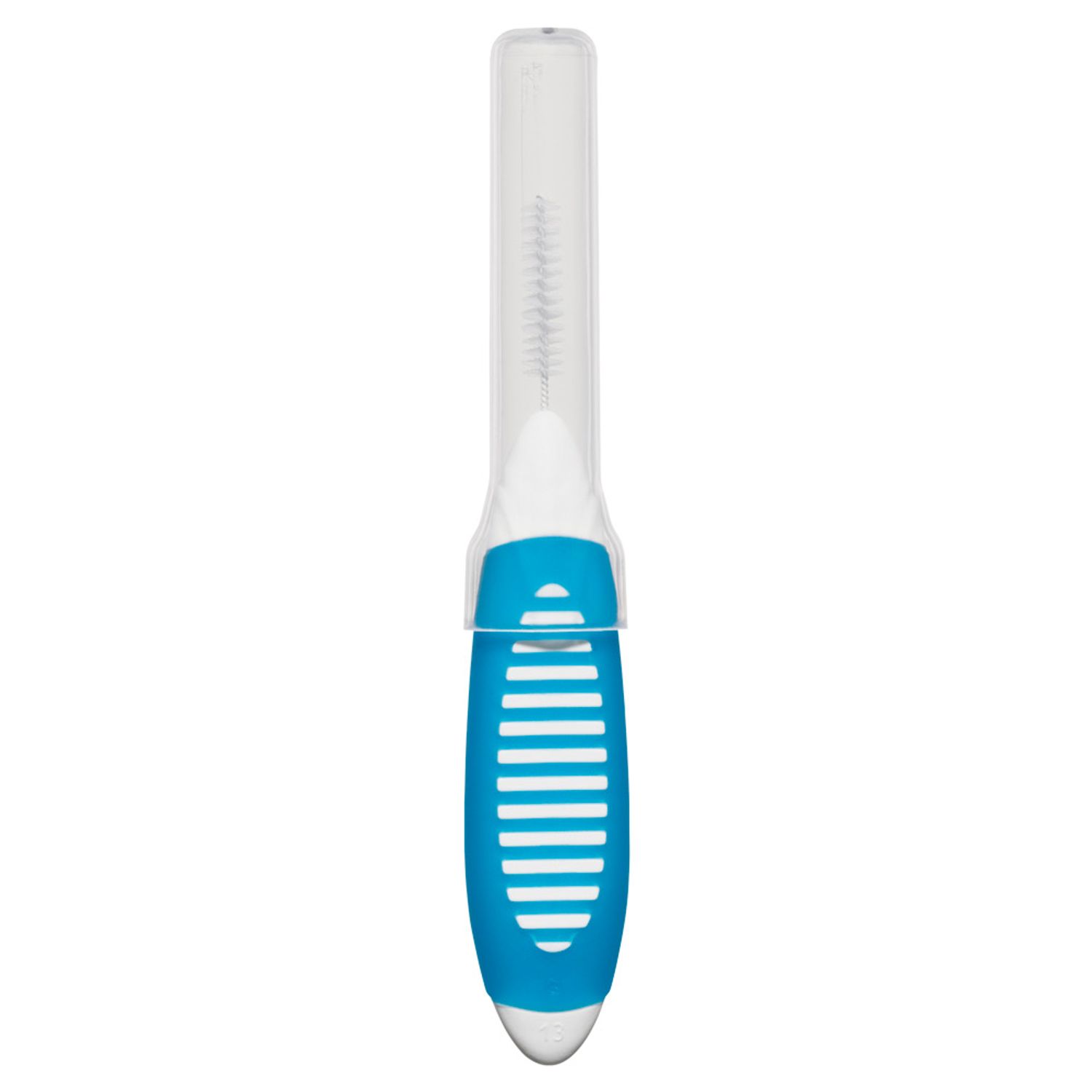-
-

BRUSHING & FLOSSING
How to BrushWhat Is the Right Way to Brush?
Proper brushing takes at least two minutes — that's right, 120 seconds!...

BRUSHING & FLOSSING
How To FlossWhat is the Right Way to Floss?
Proper flossing removes plaque and food particles in places where a toothbrush cannot easily reach... -
Science & Innovation
- Colgate® | Toothpaste, Toothbrushes & Oral Care Resources
- Oral Health
- Is the Sore on Your Tongue Serious?


A sore on your tongue is a nuisance. Causes can include the foods you eat, certain medications, broken teeth and some diseases. You can look for certain signs to determine when a sore requires a visit to a dental or medical professional.
Mouth Ulcers
Traumatic ulcers are small to large sores found inside the mouth and they appear after trauma to the gums, roof of the mouth, cheeks or tongue. According to Victoria State Government Deparment of Health Better Health Channel, if you bite the inside of your cheek, you may develop a mouth ulcer. Broken teeth, spicy and acidic foods and a burnt tongue may lead to mouth ulcers. Make sure you're getting enough B-12, folate, zinc and iron because mouth ulcers may develop more readily when you lack these nutrients. This type of sore on your tongue typically goes away on its own within 2 weeks.
Oral Lichen Planus
Lichen planus is an inflammatory skin condition and those with the condition will most likely experience symptoms on the legs and arms. Lichen planus has the potential to affect your mouth as well, according to Australasian College of Dermatologists. In fact, you may develop a patch on your tongue or cheek area and this may feel tender. It looks like white streaks on your tongue or cheeks and can include red and white patches. The cause of lichen planus is unknown but an allergic reaction or autoimmune response may be factors. Visit a dentist for diagnosis and for treatment if required.
Consult with a Health Care Professional
Consult with a health care provider if the sore lasts longer than 2 weeks or if you experience other symptoms in addition to the sore. According to the Medical Journal of Australia, a persistent white sore could indicate a more serious condition.
This article is intended to promote understanding of and knowledge about general oral health topics. It is not intended to be a substitute for professional advice, diagnosis or treatment. Always seek the advice of your dentist or other qualified healthcare provider with any questions you may have regarding a medical condition or treatment.
Related Products
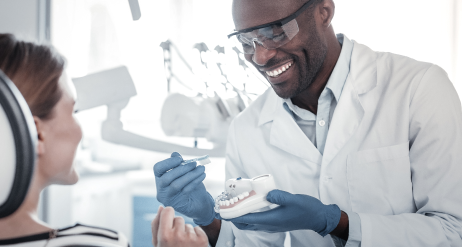
Helping dental professionals
More professionals across the world trust Colgate. Find resources, products, and information to give your patients a healthier future

